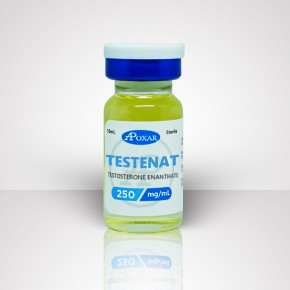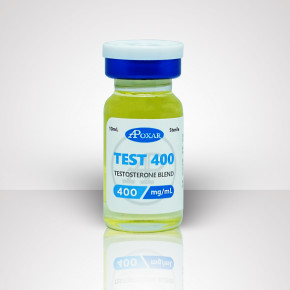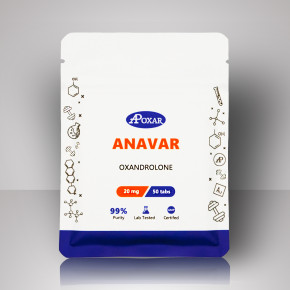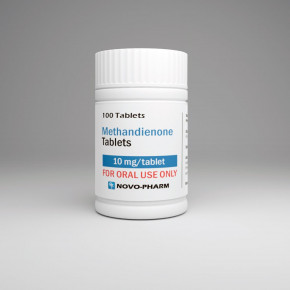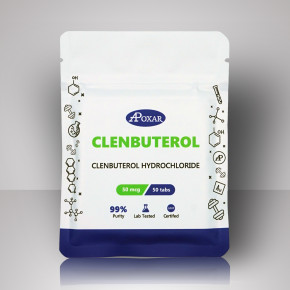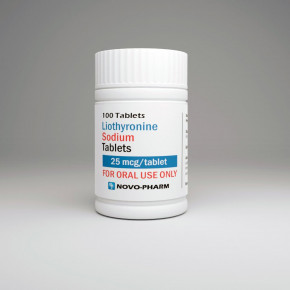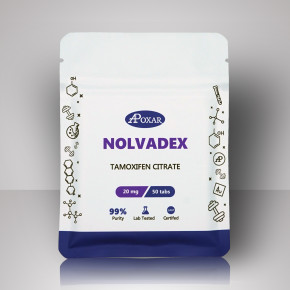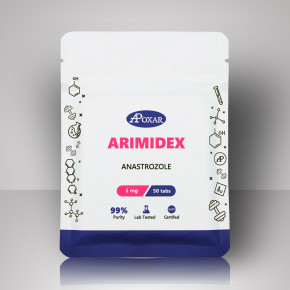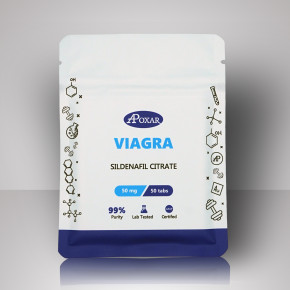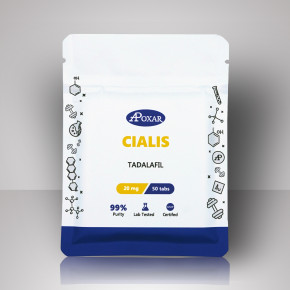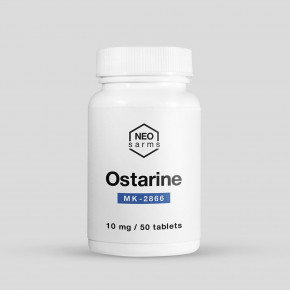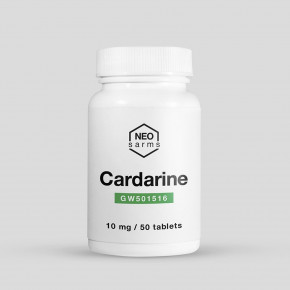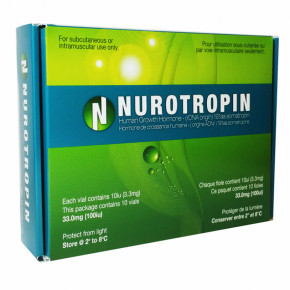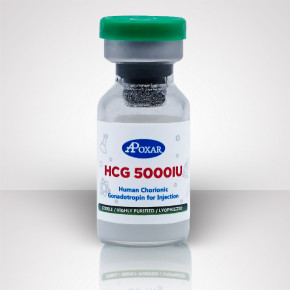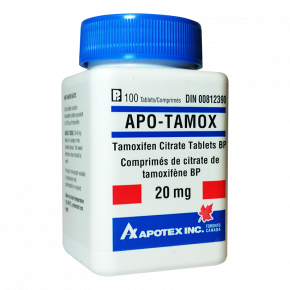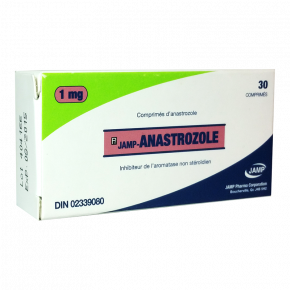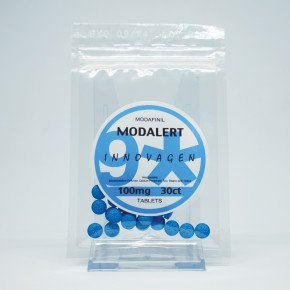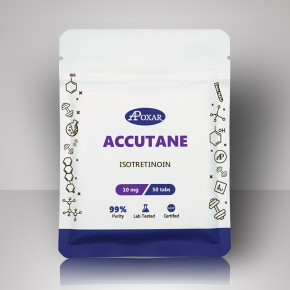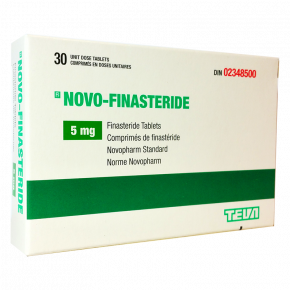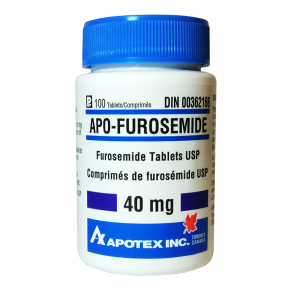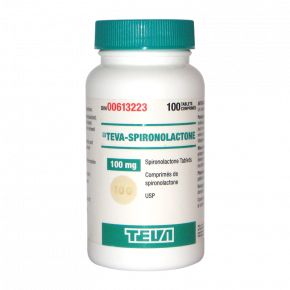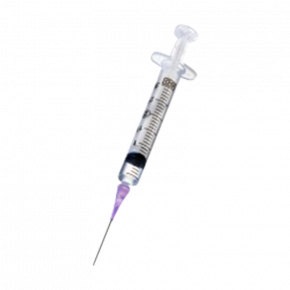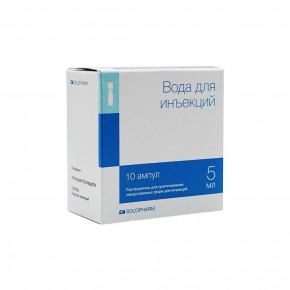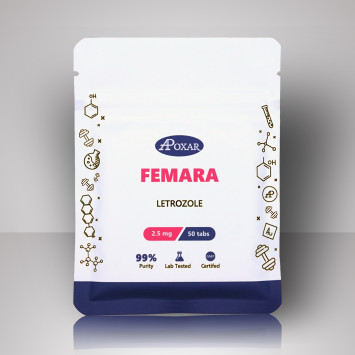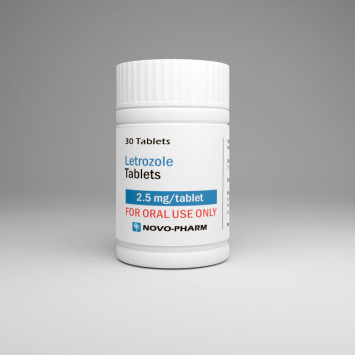 Free delivery for orders over $400
Free delivery for orders over $400Femara - Letrozole
Letrozole is one of the most commonly used anti-estrogen during cycle among steroid users. Femara reverses the symptoms of gynecomastia and other estrogen related side effects. Use 2.5 mg|day when needed
-
Sale
Femara - Letrozole (Estrogen Blocker) 2.5mg/30tabs - Apoxar
Regular Price: $80.00
Special Price $75.00
Letrozole Description
Letrozole ( Femara) is a non-steroidal selective third-generation aromatase inhibitor. The structure and activity of this compound are very similar to that of Arimidex (anastrozole), and it is prescribed for similar medicinal purposes. More specifically, U.S. prescribing guidelines for letrozole recommend it be used for the treatment of postmenopausal women with estrogen receptor-positive or estrogen receptor-unknown (unsure if the cancer is responsive to estrogen) breast cancer. It is typically used as a second line of treatment after an estrogen-receptor antagonist like tamoxifen has failed to elicit a desirable response, although it is sometimes initiated as the first course of therapy depending on the circumstances. Male bodybuilders and athletes find value in letrozole for its ability to mitigate the estrogenic side effects associated with the use of aromatizable anabolic/androgenic steroids, such as gynecomastia, fat buildup, and visible water retention.
Letrozole represents one of the newer achievements in a long line of drugs targeting aromatase inhibition. It is among the most potent estrogen-lowering drugs developed to date and has an effect significantly stronger than non-selective first-generation aromatase inhibitors like Teslac and Cytadren. The dosage of each tablet of Femara is 2.5 milligrams, which according to product information was sufficient to lower estrogen levels by an average of 78% during clinical trials. The drug, however, appears to often remain quite effective in lower doses. The package insert for the product itself comments that during clinical studies doses as low as .1 and .5 milligrams produced 75 and 78% estrogen inhibition, respectively in many patients¹. The recommended dose, likewise, reflects a level that seems to elicit a desired level of inhibition in nearly all patients. A large number of people may, therefore, respond well to lower doses of the drug.
History
The U.S. Food & Drug Administration approved letrozole for prescription sale in 1997, where it is sold by Novartis under the Femara trade name. Novartis also extensively markets the drug in other nations, and more than 70 nations now carry letrozole as an approved drug. The Femara brand is by far the dominant preparation worldwide and is found in such nations as Argentina, Australia, Belgium, Brazil, Canada, Chile, Czech Republic, France, Germany, Greece, Hong Kong, India, Netherlands, New Zealand, Italy, South Africa, Switzerland, and Russia. Novartis also markets the drug under the Femar trade name in some other nations including Finland, Denmark, Norway, and Sweden. Additionally, letrozole products can also be found under such other brand names as Fempro (India), Oncolet (India), Trozet (India), Insegar (Spain), Aromek (Poland), Lametta (Poland), Cendalon (Argentina), Fecinole (Argentina), and Kebirzol (Argentina). Given its high level of efficacy and strong marketing support, Femara, and Femar, remain the most popular letrozole product currently available.
How Supplied
Letrozole is most commonly supplied in tablets of 2.5 mg.
Structural Characteristics
Letrozole is classified as a non-steroidal selective third-generation aromatase inhibitor. It has the chemical designation 4,4’(1H-1,2,4-Triazol-1-ylmethylene)dibenzonitrile.
Side Effects
Common side effects associated with the use of an aromatase inhibitor include hot flashes, joint pain, weakness, fatigue, mood changes, depression, high blood pressure, swelling of the arms/legs, and headache. Aromatase inhibitors may also decrease bone mineral density, which may lead to osteoporosis and an increase in fractures in susceptible patients. Some individuals may also respond to the medication with gastrointestinal side effects including nausea and vomiting. Aromatase inhibitors can harm the development of an unborn fetus, and should never be taken or handled during pregnancy. When taken by men (as off-label use) to reduce estrogenicity during prolonged periods of steroid treatment, aromatase inhibitors may increase cardiovascular disease (CVD) risk by retarding some beneficial properties of estrogen on cholesterol values. Studies have demonstrated that when an aromatizable steroid such as testosterone enanthate is taken in conjunction with an aromatase inhibitor, suppression of HDL (good) cholesterol levels become significantly more pronounced. Since the estrogen receptor agonist/antagonist Nolvadex® generally does not display the same anti-estrogenic (negative) effect on cholesterol values, it is usually favored over aromatase inhibitors for estrogen maintenance by male bodybuilders and athletes concerned with cardiovascular health.
Administration
Letrozole is FDA approved for:
- adjuvant treatment of postmenopausal women with hormone receptor-positive early breast cancer;
- the extended adjuvant treatment of early breast cancer in postmenopausal women who have received 5 years of adjuvant tamoxifen therapy;
- first-line treatment of postmenopausal women with hormone receptor-positive or hormone receptor unknown locally advanced or metastatic breast cancer;
- the treatment of advanced breast cancer in postmenopausal women with disease progression following anti-estrogen therapy. The recommended dose of letrozole is one 2.5 mg tablet administered once per day, without regard to meals. When used (off-label) to mitigate the estrogenic side effects of anabolic/androgenic steroid use or increase muscle definition, male athletes and bodybuilders often take 1.25 mg to 2.5 mg per day. In some cases, a dosage of a half of a tablet (1.25 mg) taken every other day is sufficient to prevent the onset of estrogenic side effects.
Availability
Letrozole is most commonly sold under the brand name Femara by the international drug-manufacturing firm Novartis. It is widely available at the present time.
References:
1. Femara (letrozole) Prescribing Information. AccessFDA Database.

